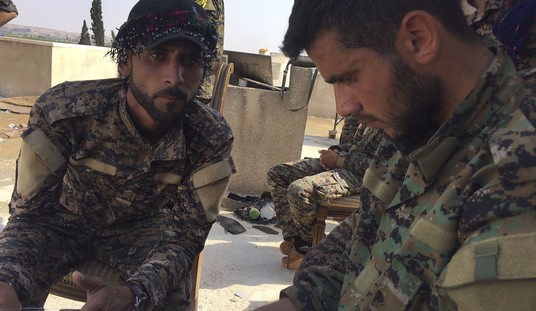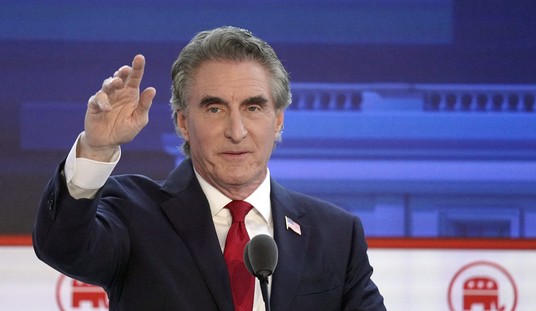In a dazzling display of talent and resilience, Israel’s Yuval Raphael secured a remarkable second-place finish at the 69th Eurovision Song Contest held in Basel, Switzerland, on May 15, 2025. Her performance of “New Day Will Rise” captivated audiences worldwide, earning Israel the audience vote with an impressive 297 points. The victory went to Austria’s JJ, whose haunting ballad “Wasted Love” took first place, but Raphael’s journey from tragedy to triumph resonated deeply, offering a powerful message of hope that human beings, who value perseverance and unity, can celebrate.
On October 7th, Yuval Raphael called her dad in the middle of the attack. She survived the Nova massacre by hiding under dead bodies for 8 hours.
— AG (@AGHamilton29) May 18, 2025
Today she overcame trauma, threats, & protestors to come in second in the Eurovision contest.
Inspiring.
pic.twitter.com/MWVRkJUPye pic.twitter.com/T7Y93gc5ke
Raphael’s performance was a beacon of light in a contest marked by controversy. Despite calls from some quarters to exclude Israel from the competition, the cheers of supporters drowned out the naysayers. The Eurovision audience, known for its passion, embraced Raphael’s heartfelt delivery, and national juries surprised many by awarding Israel strong marks. Azerbaijan gave Israel the coveted “douze points,” while even Ireland, where anti-Israel sentiment has been notable, contributed seven points. This outpouring of support underscores the universal appeal of Raphael’s message, one that Americans, who cherish stories of overcoming adversity, can applaud.
Israel’s Eurovision entry Yuval Raphael delivers powerful performance of her song ‘New Day Will Rise’ during the Eurovision final.
— Oli London (@OliLondonTV) May 17, 2025
She ended her performance by declaring ‘Am Yisrael Chai’ which translates as ‘The People of Israel Live.’
pic.twitter.com/uvDDzAXHdq
The song “New Day Will Rise,” penned by Keren Peles, was more than a melody for Raphael—it was a testament to her survival. Just 19 months ago, on October 7, 2023, she hid for eight hours in a bomb shelter near the Nova music festival, surrounded by the chaos of a Hamas attack that claimed 40 lives around her. Her father’s advice to “play dead” saved her life. On the Eurovision stage, dressed in a striking black pantsuit with wing-like sleeves designed by Victor Bellais, Raphael poured her soul into lyrics like “New day will rise/Life will go on/Everyone cries/Don’t cry alone.” The Hebrew lines, drawn from the Song of Songs, spoke of love’s enduring power, a sentiment that resonates with values of faith and resilience.
Raphael’s journey moved even the commentators. Keren Peles, joining Israel’s Kan 11 broadcast, was overcome with emotion, tears streaming as she watched Raphael perform. The elaborate set, resembling a silver staircase entwined with a birdcage, symbolized freedom rising from confinement—a visual that people who hold dear the ideals of liberty can appreciate. Raphael’s fluency in French, from her childhood years in Switzerland, added a poignant touch to the song’s multilingual lyrics, bridging cultures.
Europeans voted overwhelming for Yuval Raphael at #Eurovision
— Aviva Klompas (@AvivaKlompas) May 17, 2025
Another reminder that the mob is a loud and ignorant minority pic.twitter.com/Aq4vm2qRDc
RELATED: May They Be Home Soon: John Ondrasik Discusses Moving 'Superman' Version Supporting Israeli Hostages
Eurovision, born after World War II to foster peace through music, is technically a contest among public broadcasters, not nations. Yet, this year, some broadcasters, including those from Spain and Ireland, pushed for Israel’s exclusion. Over 70 former participants echoed these calls, making Israel’s strong showing all the more remarkable. For people who value fairness and standing firm in the face of opposition, Raphael’s success is a reason to cheer. Israel’s jury, announced by last year’s contestant Eden Golan, awarded Greece its “douze points,” showcasing sportsmanship.
They think Israel rigged the voting from *around the world* - this hatred is a mental illness, it's a disease.
— Ron M. (@Jewtastic) May 17, 2025
Israel came in 2nd place, and people are LOSING their minds. 😂 https://t.co/H5YPPs2300
The contest itself was a vibrant tapestry of styles. Sweden’s “Bada Bara Bastu” brought saucy sauna-themed fun, while Estonia’s “Espresso Macchiato” sparked playful controversy in Italy. Finland’s provocative “Ich Komme” and Iceland’s “Róa,” which faced plagiarism claims from Israeli composer Offir Cohen, added to the spectacle. On the heartfelt side, France’s Louane sang “Maman,” a tribute to her late mother, ending with her daughter’s voice—a moment of tenderness a mom can relate to.
And a wonderful finish--2nd overall, first in public vote. The public vote/judges vote (14) split once again highlights what I said last year this time: the world is largely made up of normal-brained people who are governed and represented by emotionally maladjusted creeps https://t.co/sbPGBTphnh
— Seth Mandel (@SethAMandel) May 18, 2025
Raphael’s performance wasn’t without challenges. Anti-Israel protests marred the turquoise carpet event, and a Dutch couple’s attempt to disrupt her performance by storming the stage was swiftly handled by security. Despite death threats, Raphael remained poised, thanking her security team in a heartfelt clip before her performance. Her safety, ensured by robust measures, allowed her to shine, a testament to the strength people admire in those who face adversity head-on.
In a lighthearted twist, even the Houthis, a Yemen-based terror group, seemed to pause their usual disruptions, waiting until after the contest to launch a missile toward Israel’s coast. Raphael’s performance was uninterrupted, allowing Israeli and global audiences to witness a star being born. Her words to Kan 11 post-competition—“People of Israel, I love you more than anything in the world. Am Yisrael Chai!”—echoed a love for her nation that we Americans, who hold patriotism close, can understand and respect.
Thank you to everyone who voted.
— Yuval Raphael (@YuvalRaphael_IL) May 17, 2025
I love each and every one of you more than everything in the world!
Am Yisrael Chai!
🇮🇱🇮🇱🇮🇱 pic.twitter.com/1DnwauMk6t
Yuval Raphael’s Eurovision triumph is a story of hope, resilience, and the power of music to unite. For everyone, her journey from a bomb shelter to the world stage is a reminder that courage and talent can overcome even the darkest moments. As she sang, “Darkness will fade/All the pain will go by,” Raphael offered a message of renewal that inspires us all.
Editor’s Note: Every single day, here at RedState, we will stand up and FIGHT, FIGHT, FIGHT against the radical left and deliver the conservative reporting our readers deserve.
Help us continue to tell the truth about the Trump administration and its major wins. Join RedState VIP and use promo code FIGHT to get 60% off your membership.














Join the conversation as a VIP Member